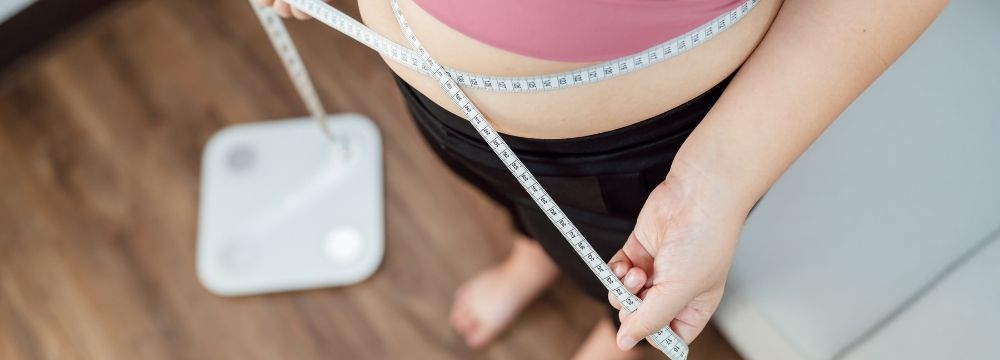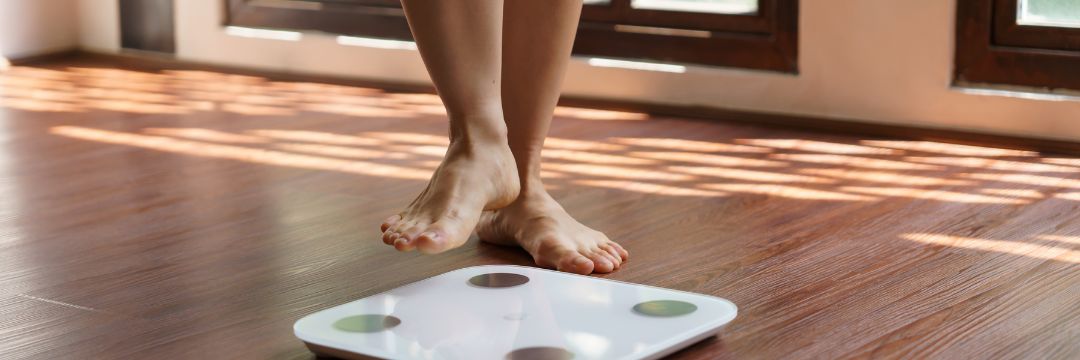
By Chad Reott, SADI Patient
The decision to get weight loss surgery came to me in an instant. It was a flash. I was sitting in a work meeting where colleagues were discussing a Duodenal Switch (DS) patient who had tremendous results in just three months. When I heard his story, I knew I was getting the surgery. And I was getting the same surgery – DS. I was even going to use the same surgeon – Dr. Forrest Ringold, at SAMPA in Mobile.
Choosing the Procedure
If you’re about to leap into a weight loss journey and intend to get bariatric surgery, you will have a checklist of things to decide on. But first, are you familiar with all the surgery options available?
Here is a list of the most popular surgeries.
- Sleeve Gastrectomy (Gastric Sleeve)
- Roux-en-Y Gastric Bypass (Gastric Bypass)
- Biliopancreatic Diversion with Duodenal Switch (BPD-DS/DS)
- Single Anastomosis Duodeno-Ileal Bypass with Sleeve Gastrectomy (SADI/SADI-S)
You see, there is some research to be done on your part and some conversations with a bariatric surgeon if you’re not sure which direction you want to go. This should be the focal point of your first consultation.
Because of my unique circumstances with where I live (Pennsylvania) and where I already decided to get surgery, I had my first consultation with Dr. Ringold via Zoom. He wasn’t aware that I had already decided to get the DS surgery, so once the meeting started, he provided me with statistics associated with each type of surgery I listed above, such as the average expected weight loss and percentages.
During the consultation, Dr. Ringold crunched some numbers based on my height and weight, determining that I had a BMI of 70 and an excess body weight of 319 pounds. Now, the extra body weight calculation is according to what a BMI states is my ideal weight by height. We both agreed that this number wasn’t realistic and that losing closer to 270-280 would be perfect for my frame.
According to the statistics Dr. Ringold had, which came from monitoring the progress of his previous patients and their successes, with DS surgery, I could anticipate losing 288 pounds, about 90% of my excess weight.
The weight loss with the SADI is not quite as much as the DS, but close. Ultimately, it was not a factor in my decision. Data suggests around 80% of excess weight should be expected with a SADI. This would be about 256 pounds of my excess weight. So, it was the difference between an expected 256-pound loss and 288.
The difference in average weight loss between the two procedures was insignificant and would ultimately be irrelevant – at least for me. I truly believed that by reaching 250 pounds of weight loss, my momentum would carry me further toward my end goal weight. I would not have to rely solely on the type of surgery I chose.
With that, Dr. Ringold recommended doing the SADI – the bottom line was that he felt it was a slightly safer version of the DS – there is less chance of having a leak with fewer surgical connections. He explained more about why he felt this was the way to go. He was honest with me in saying that doing a bypass, although it would have great success, would still leave me morbidly obese, based on the data. He also advised me that the DS and SADI are only offered around the country by about 10% of bariatric surgeons because it’s more technically challenging for a surgeon to perform. Other factors that play into these surgeries not being offered more frequently are that follow-ups can be a little more involved, as there is the potential to have some more significant nutritional deficiencies post-op, mainly around protein malabsorption. So, patients must be very diligent in taking vitamins for the rest of their lives.
My mind was made up – Dr. Ringold would perform the SADI procedure on me.
So, in wrapping up an initial consultation, here are a few things you might want to discover.
- Understanding your current weight situation and what it means
- Types of surgeries
- The results you could anticipate with the help surgery provides
- What surgery might be best suited for you
- Positives and negatives of different surgeries
- Determine what your next steps are if you move forward with surgery.
As I mentioned, this is a standard list of things you may want to cover with your consultation. But do not hesitate to ask any specific questions that you have.
This is the opportunity for you to lay the foundation for your upcoming journey!









